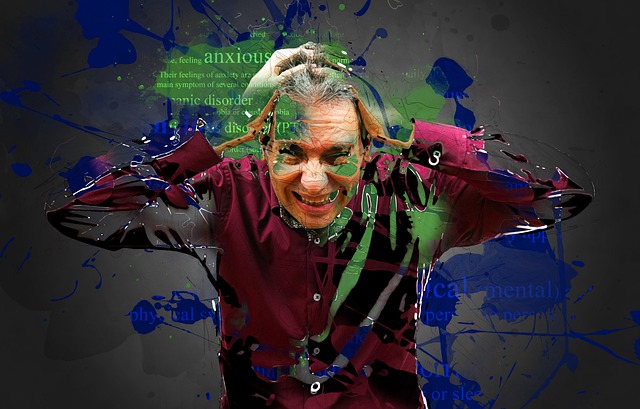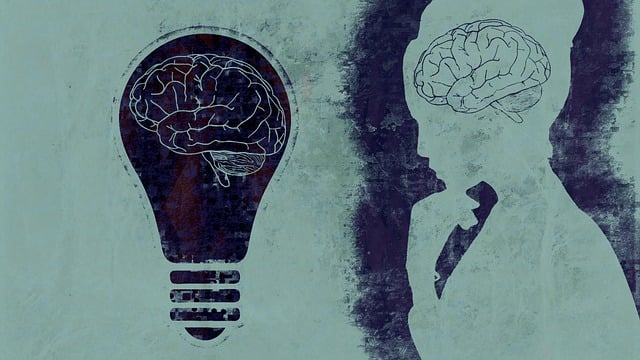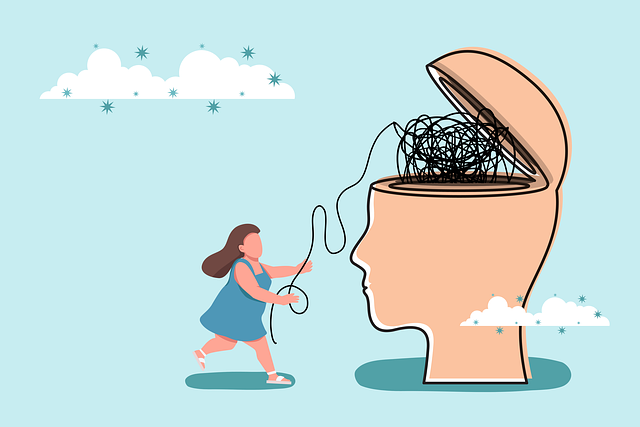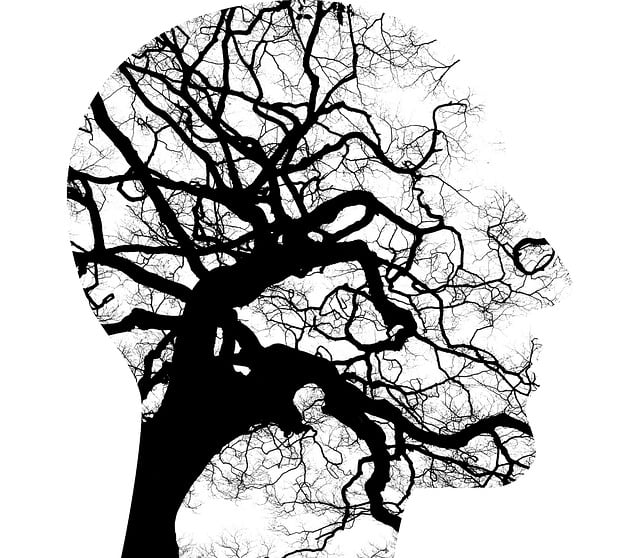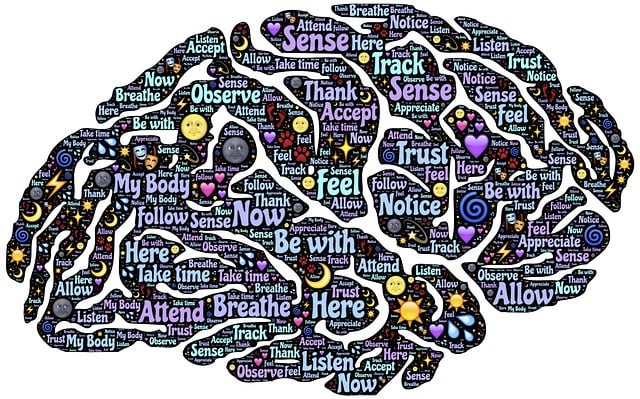Mental illness healing begins with qualified professionals' evaluations, leading to personalized interventions like hypnotherapy (for adults) and CBT. Hypnotherapy aids in self-awareness and positive thinking, treating conditions like anxiety, depression, or trauma. Therapy and hypnosis empower individuals to manage mood disorders, boost self-esteem, and enhance well-being through safe, comprehensive care that addresses symptoms and causes. Integrating these methods with stress management improves mental wellness and quality of life for adults navigating mental health challenges.
Mental illness diagnosis and treatment navigation can be a daunting task. This comprehensive guide aims to demystify the process, highlighting key aspects like understanding diagnoses, exploring innovative therapy methods such as hypnotherapy for adults, and providing essential resources for effective treatment. We delve into strategies for recovery and sustained mental well-being, emphasizing the importance of support systems in the journey towards healing. Discover how these approaches can revolutionize your path to a healthier mind with the help of hypnosis therapy tailored for adults.
- Understanding Mental Illness Diagnoses: Unraveling the Process
- The Role of Hypnotherapy in Adult Treatment: A Deep Dive
- Navigating Treatment Options: Support and Resources for Adults
- Embracing Recovery: Strategies for Sustaining Mental Well-being
Understanding Mental Illness Diagnoses: Unraveling the Process

Understanding a mental illness diagnosis is a crucial step toward healing and recovery. The process involves a comprehensive evaluation by qualified healthcare professionals, often including psychiatrists, psychologists, or licensed therapists. This assessment typically includes a detailed review of symptoms, medical history, and sometimes psychological testing to arrive at an accurate diagnosis. Mental health education programs design tailored interventions based on these findings, focusing on mood management techniques like hypnosis, which has shown effectiveness in treating various conditions.
This journey doesn’t end with a diagnosis; it’s the beginning of a personalized treatment plan. Therapy for adults, including options like cognitive-behavioral therapy (CBT) and hypnotherapy, plays a pivotal role in managing symptoms and improving overall mental health. Additionally, developing a self-care routine that incorporates activities promoting well-being can significantly enhance the therapeutic process.
The Role of Hypnotherapy in Adult Treatment: A Deep Dive

Hypnotherapy has emerged as a powerful tool within the realm of adult mental health treatment. This therapeutic approach utilises the power of the subconscious mind to facilitate profound changes and healing. Through a state of deep relaxation and heightened focus, hypnotherapy allows individuals to access and re-program limiting beliefs, fears, and behaviours associated with their mental health conditions. For adults seeking alternative or complementary therapy for issues such as anxiety, depression, or trauma, hypnosis offers a unique and effective approach.
In the context of navigating complex mental health care systems, hypnotherapy can be a valuable asset for several reasons. It aids in improving self-awareness, encouraging positive thinking patterns, and promoting mindfulness meditation techniques. Moreover, it plays a crucial role in risk management planning for mental health professionals by enhancing patients’ coping strategies and resilience. By integrating hypnotherapy into treatment plans, healthcare providers can offer comprehensive care that addresses both the symptoms and underlying causes of mental illness, potentially leading to better outcomes and improved quality of life for adults struggling with their mental health.
Navigating Treatment Options: Support and Resources for Adults

Navigating treatment options can be overwhelming, especially when dealing with mental health challenges. Adults seeking support have a variety of resources available to them, including therapy and hypnosis. These approaches offer effective ways to manage mood disorders, improve self-esteem, and enhance overall well-being.
Therapy for adults provides a safe space to explore underlying issues, develop coping strategies, and gain insights into behaviors and thoughts that may be contributing to mental health struggles. Hypnosis, an alternative therapy, can help individuals access their subconscious minds to address deep-rooted fears, beliefs, or traumas that might be hindering their progress. By combining these therapeutic methods, adults can benefit from comprehensive care tailored to their unique needs, ultimately fostering better mood management and improved self-esteem. Additionally, mental health professionals should conduct thorough risk assessments to ensure the safety and well-being of clients throughout the treatment process.
Embracing Recovery: Strategies for Sustaining Mental Well-being

Embracing recovery from mental illness is a journey that requires commitment and various strategies to sustain well-being. Beyond traditional therapy for adults, hypnosis has emerged as an effective tool to support individuals in navigating their mental health challenges. This alternative approach helps people gain profound insights into their thoughts and behaviors, enabling them to overcome barriers and achieve lasting change.
Integrating practices like stress management workshops and focusing on mind over matter principles can significantly enhance the recovery process. These techniques empower individuals to manage anxiety relief, reduce stress, and cultivate resilience. By combining professional therapy with self-care strategies, one can create a holistic approach tailored to their unique needs, fostering mental wellness and improving overall quality of life.
Mental illness diagnosis and treatment can be a complex journey, but with the right guidance, recovery is achievable. By understanding the process of mental illness diagnoses and exploring therapeutic options like hypnotherapy, adults can navigate their treatment paths more effectively. Hypnotherapy, in particular, offers a unique approach to healing by harnessing the power of the subconscious mind. Additionally, accessing support networks and adopting strategies for sustained mental well-being are vital components of the recovery process. Through these comprehensive steps, individuals can take control of their mental health and embark on a path towards a brighter, more balanced future.

